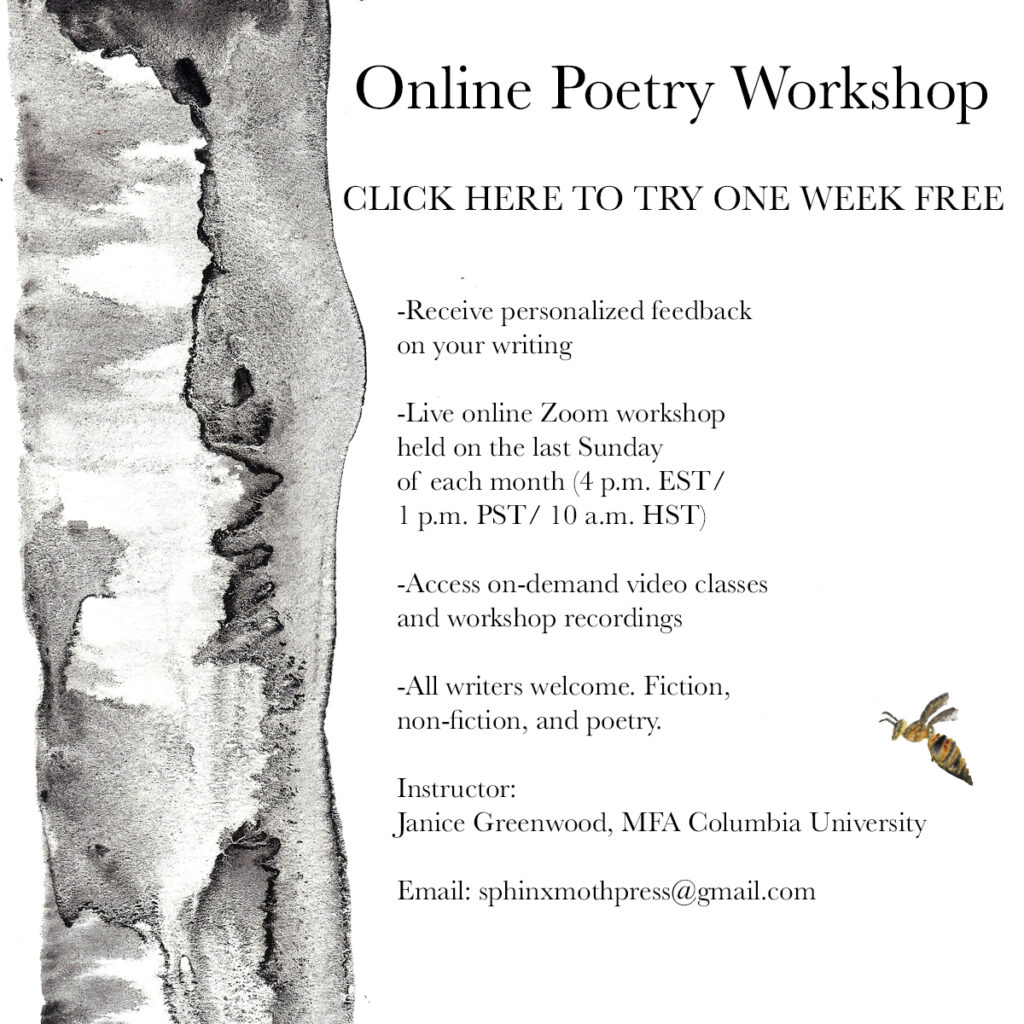One of the best songs on Taylor Swift’s album, evermore, is “Champagne Problems,” which she co-wrote with Joe Alwyn. While fans have mined Swift’s songs in an attempt to peer into her personal life, I’m more interested in Swift’s ability to use her songs to comment on aspects of the female experience seldom explored in music, or explored, but only haphazardly so. Swift claims that her songs are based upon fictional characters and scenarios, but much like a poet writing a persona poem, the characters offer a channel through which the artist can explore difficult themes common to all of us. The songs resonate not because they are confessional or not-confessional, but because, in their ability to fictionalize raw experience, they capture something true about the human experience.
Elle reports that Swift herself has said that “Champage Problems” is based upon the premise of two college sweethearts meeting for a night, one with a plan to propose, and one with the plan to break up.
Google “rejected engagement proposal” and you’ll find cringeworthy stories of women saying no to marriage proposals in front of basketball stadiums, women saying no in front of the guy’s family, women running away. In many of the stories, a woman is put on the spot and is forced to answer an intimate question that involves her entire life in front of friends and family, or worse, strangers.
Engagement proposals are incredibly romantic, and they can be wonderful.
But.
If a romantic engagement proposal happens after a couple has sat down together, discussed their future, and mutually agreed that they want to spend their lives together, (and both understand what that means), a marriage proposal can be a beautiful celebration of that decision. But when a marriage proposal comes without such a discussion, and especially when it occurs in a public setting or among family and friends, it can become coercive. A woman put on the spot might feel forced to say yes. And if she says no, she becomes that woman. The fictional character in “Champagne Problems” is that woman.
The woman wants to break up and the guy, either clueless, or so thrilled and wrapped up in his own feelings that he doesn’t consider the girl’s feelings, proposes. The core of the song is the theme of miscommunication in relationships, and the heartbreak that follows when two people are in different places.
The song is excellent because not only does it capture the woman’s pain in such a scenario. (We are always so quick to see how painful it would be to be the guy, but Swift puts the focus on how it also hurts to be the girl; I sure wouldn’t want to be the girl in that scenario.)
Swift is also deftly able to show how the culture perceives such a woman. Swift sings about the town talking afterward: “She would have made a lovely bride/ What a shame she’s fucked in the head.”
When a man isn’t ready to commit, he’s commitment phobic, or just young. When a woman is not ready to commit, she must be fucked in the head.
In its ideal form, the marriage proposal is a public performance that enacts an authentic sentiment. I think of how so many of Shakespeare’s plays concern themselves with the blurred lined between the authentic and the performative. The audience doesn’t forgive the actor who reveals the performance as such. In a marriage proposal the guy is the active agent, and all the girl has to do is provide a passive yes.
The public ceremony of the marriage proposal reinforces the idea that women are to be passive, even when making important life-altering decisions. I think a marriage proposal can be an incredibly romantic celebration (and therefore a performance), but if it is not a performance for the woman, but rather an authentic question posed in the moment, then I think the public marriage proposal is problematic. Is Swift seeing this when she sings “One for the money, two for the show?”
Swift manages to deftly capture the way the culture responds to a woman who doesn’t “play her role” in such a scene. The people talk about the girl and console the guy telling him he’ll “find the real thing instead.” But what is the woman’s “real thing”? Does the culture even care?
And this comes back to Swift herself. Seventeen magazine writes about the “gossip often spread about Taylor, specifically those who talk about why she isn’t married yet.”

In many ways, we still live with the Victorian mentality that if a woman reaches a certain age and isn’t married, there must be “something wrong with her.” Swift, who is 30, is at an age when many women in her peer group are decidedly settling down (or have settled down already).
Why isn’t Swift married? “I couldn’t give a reason,” she sings. In response to the societal pressure to get married and reproduce, more women are choosing to do neither and aren’t offering excuses.
“Champagne Problems” is interesting in another way. There are enough songs about women leaving cheating men, leaving men who emotionally abused them, leaving men who were no good, but what about the song about a woman leaving a good man, whom she still loves? What about the song about a woman leaving a man who loves her enough to commit?
Swift imagines a world where a woman can say no, without just cause–and sing about it.

About the Writer
Janice Greenwood is a writer, surfer, and poet. She holds an M.F.A. in poetry and creative writing from Columbia University.
